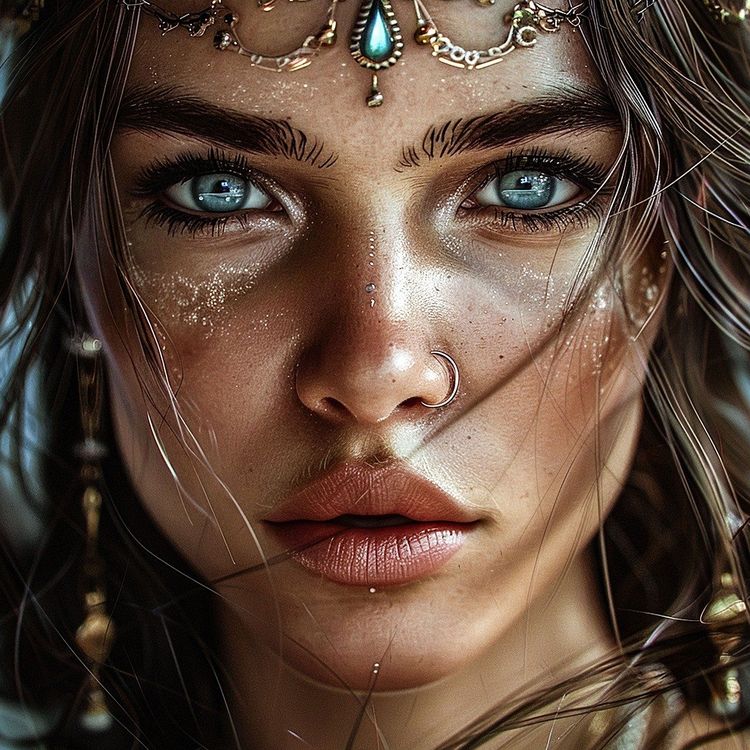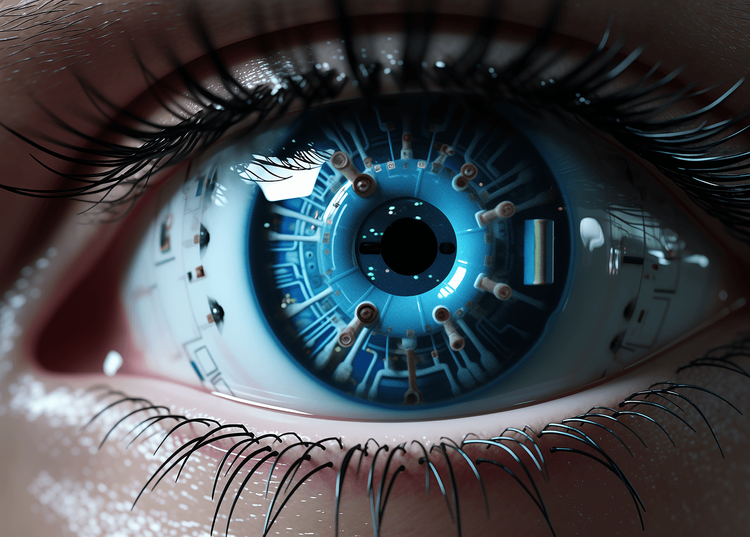OpenAI and Meta are currently facing legal challenges as creators rally against how AI companies use their work, particularly in generating text and visual content. OpenAI is embroiled in a class-action lawsuit led by author Paul Tremblay, while visual artists have taken legal action against AI art generators, including Stability AI, Midjourney, and DeviantArt.
The lawsuit highlights that when users prompt ChatGPT to produce text mimicking a specific author, the model draws upon a comprehensive array of that author’s works. This reliance raises significant copyright issues, as the generated text may be seen as a derivative work that infringes on the original material's copyrights.
Legal experts point to two Supreme Court rulings that could impact this case. In a notable 2005 decision, the Authors Guild's lawsuit against Google, which involved digitizing millions of books, was dismissed. The court ruled that Google's practices constituted fair use because users could only view snippets rather than full texts.
Another crucial case involved the Andy Warhol Foundation and photographer Lynn Goldsmith, where the Supreme Court determined that Warhol's usage of Goldsmith’s photographs was copyright infringement. This ruling emphasized that if original and derivative works serve similar purposes, especially for commercial gain, fair use may not apply.
Creators argue that AI companies exploit their original content to create "competing products," which directly threatens their livelihoods. For instance, entertainment firms could employ AI to adapt original works or automate scriptwriting.
Legal scholar Ed Klaris from Columbia University believes that courts are inclined to side with creators, which may lead AI companies to implement copyright licensing systems.
The implications of AI in the entertainment sector are a crucial point in ongoing Hollywood strike negotiations. Many creators and actors fear that without legal safeguards, AI technology could diminish the value of their work or even replace them. AI's capability to generate music, scripts, and utilize deepfake technology exemplifies these concerns; for instance, a fully AI-generated song imitating Drake and The Weeknd recently went viral.
During a hearing on May 16, Ashley Irwin, president of the Composers and Lyricists Guild, stressed that generative AI tools pose a significant threat to the creative industry’s survival without immediate legal intervention. He called for regulations to safeguard creators' intellectual property, emphasizing the need to maintain cultural vitality and diversity.
Guild members argue against granting copyright protection for AI-generated works, warning that it could inundate the market, devaluing original creations. Meanwhile, Miramax has partnered with AI company Metaphysic to digitally de-age actors in films, with Metaphysic’s CEO noting that as the industry progresses, the role of generative AI will broaden.
Creators and actors are not entirely against the technology; rather, they seek to prevent unauthorized use of their works and likenesses, aiming for recognition and fair compensation for their contributions.







